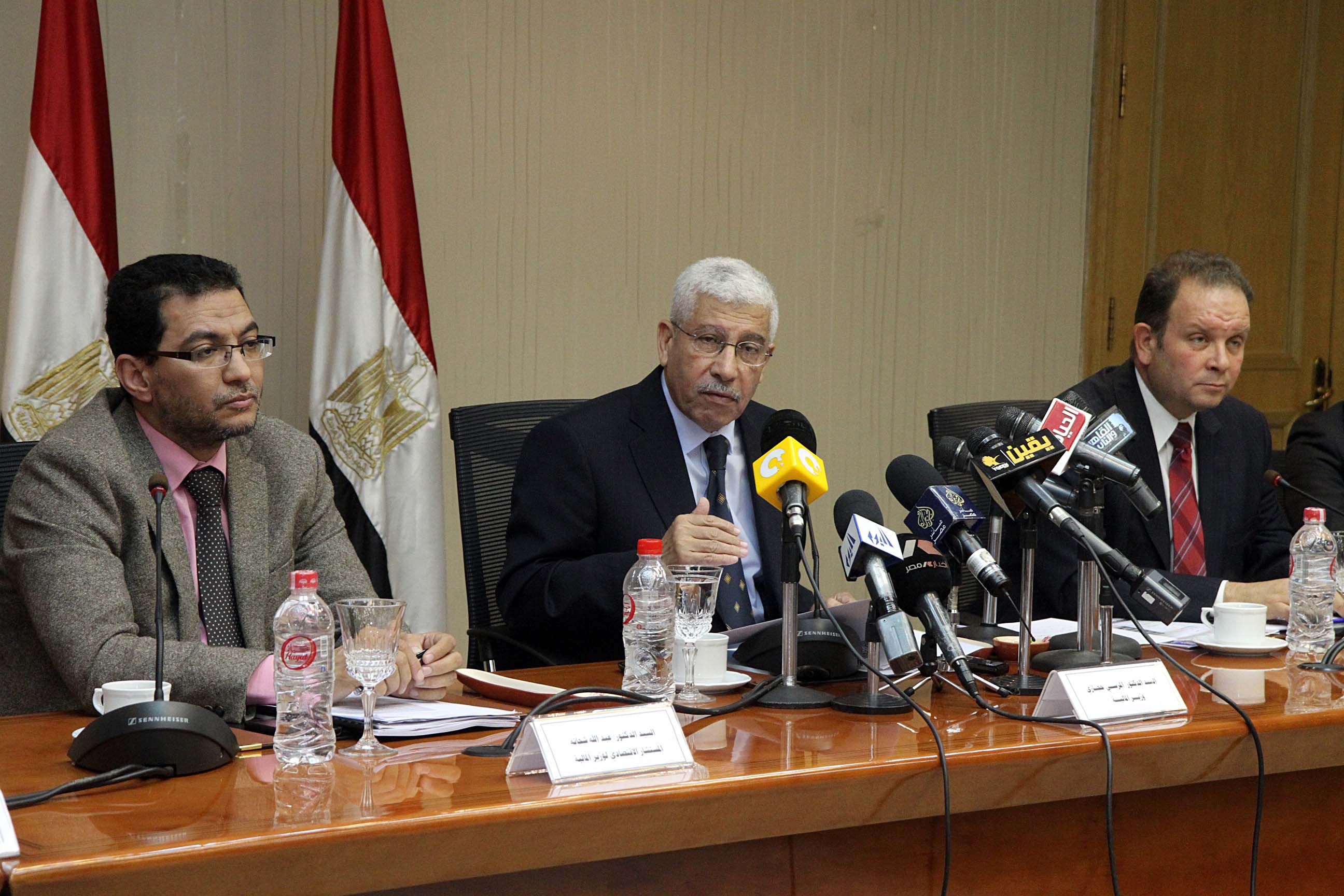Planning and Economic Development Minister Rania Al-Mashat reviewed on Saturday governorates’ spending plans for the fiscal year 2024/25, as the Egyptian government intensifies efforts to manage public investment.
This move is in response to a government decision to cap public investments at EGP 1 trillion for the current fiscal year, as part of a broader effort to encourage private-sector participation.
Al-Mashat recently chaired a meeting with governors and their deputies to discuss investment expenditure governance and efficiency. During the meeting, Local Development Minister Manal Awad was also present, and they outlined initiatives for various governorates.
During the meeting, a government committee was formed to oversee public investments, with the Ministry of Planning leading its technical secretariat. These steps aim to enhance investment management and effectiveness.
To adhere to the spending cap, the ministry implements measures such as forming working groups to review government budgets and collecting data on targeted investments. Collaboration with other government departments helps identify affiliated companies and economic bodies.
Al-Mashat emphasized the government’s commitment to increasing private sector involvement. Notably, general treasury investments have grown by 314% over the past decade. The “Decent Life” initiative also plays a role in financing solutions for governorates.
Al-Mashat presented a ranking of governorates based on the Human Development Index. South Sinai topped the list, followed by Port Said, Cairo, the Red Sea, Suez, and Alexandria. She also outlined governorate shares of GDP, with Cairo leading, followed by Giza, Alexandria, Qalyubeya, and Sharqeya.
The government’s competitiveness index considers several factors such as institutions, infrastructure, technology, economic stability, health, skills, and the business environment.
The meeting covered various development programs for governorates, including initiatives related to paving, lighting, parking, markets, slaughterhouses, waste management, tree planting, traffic systems, and the “Decent Life” projects.




